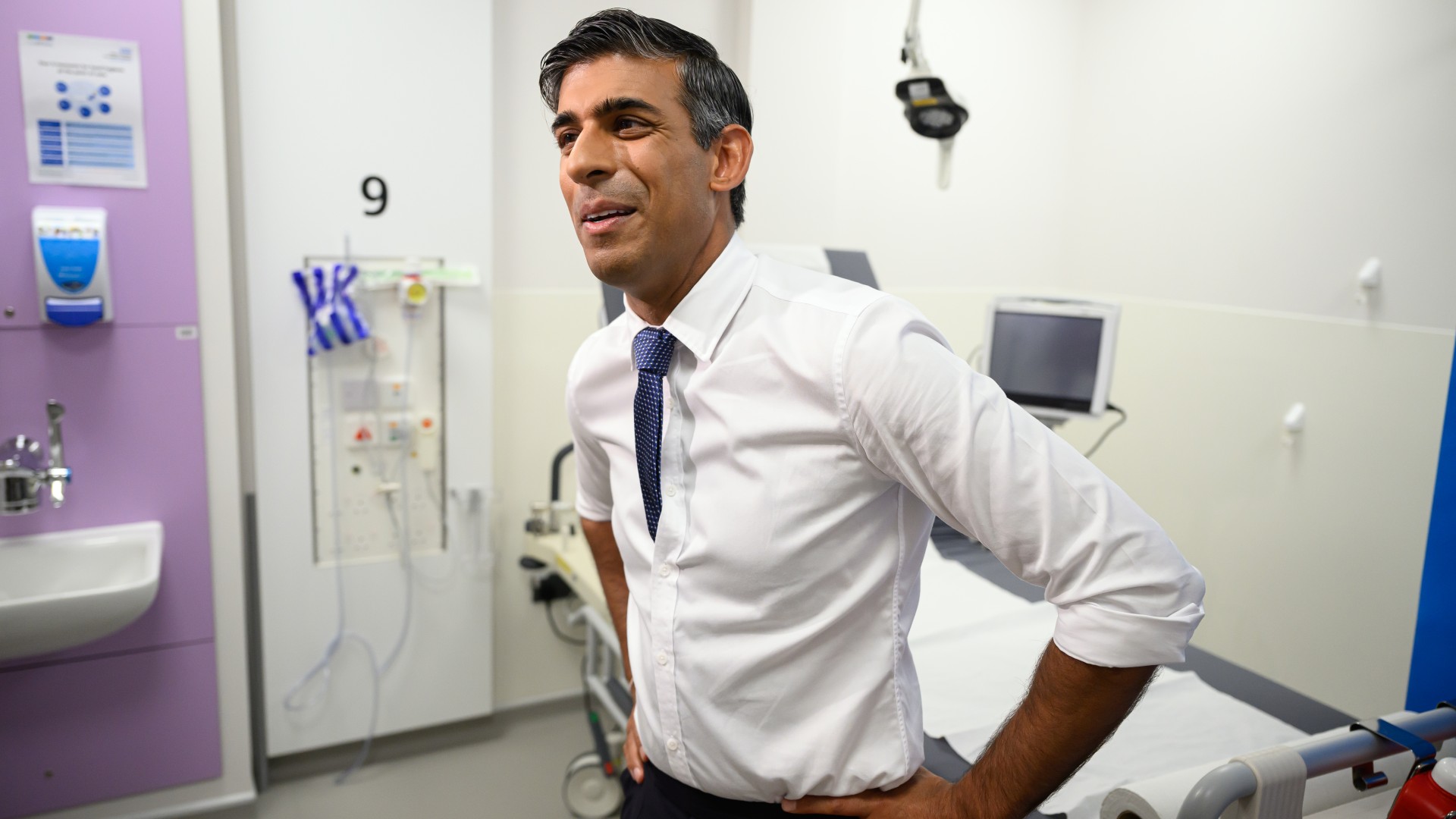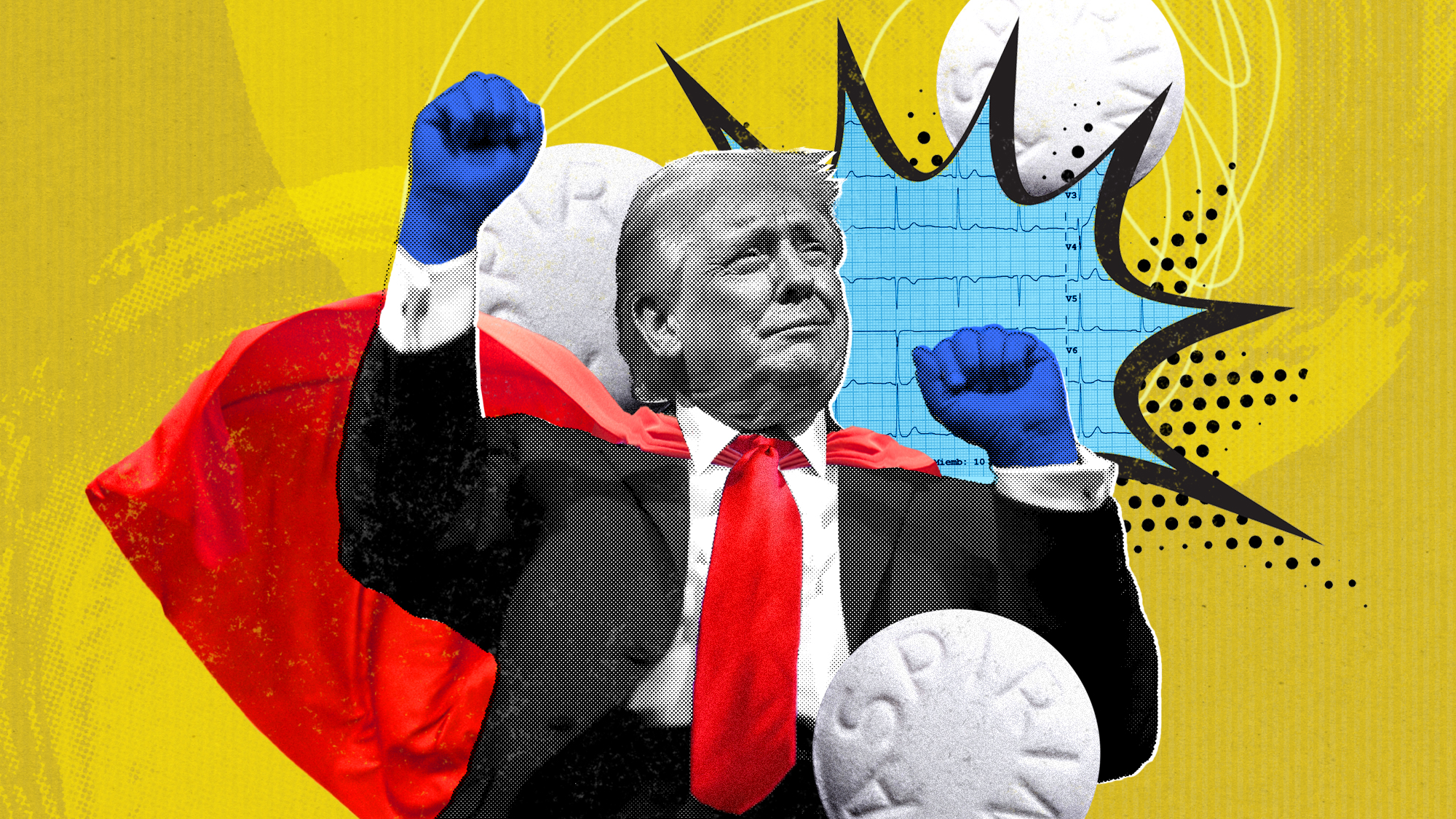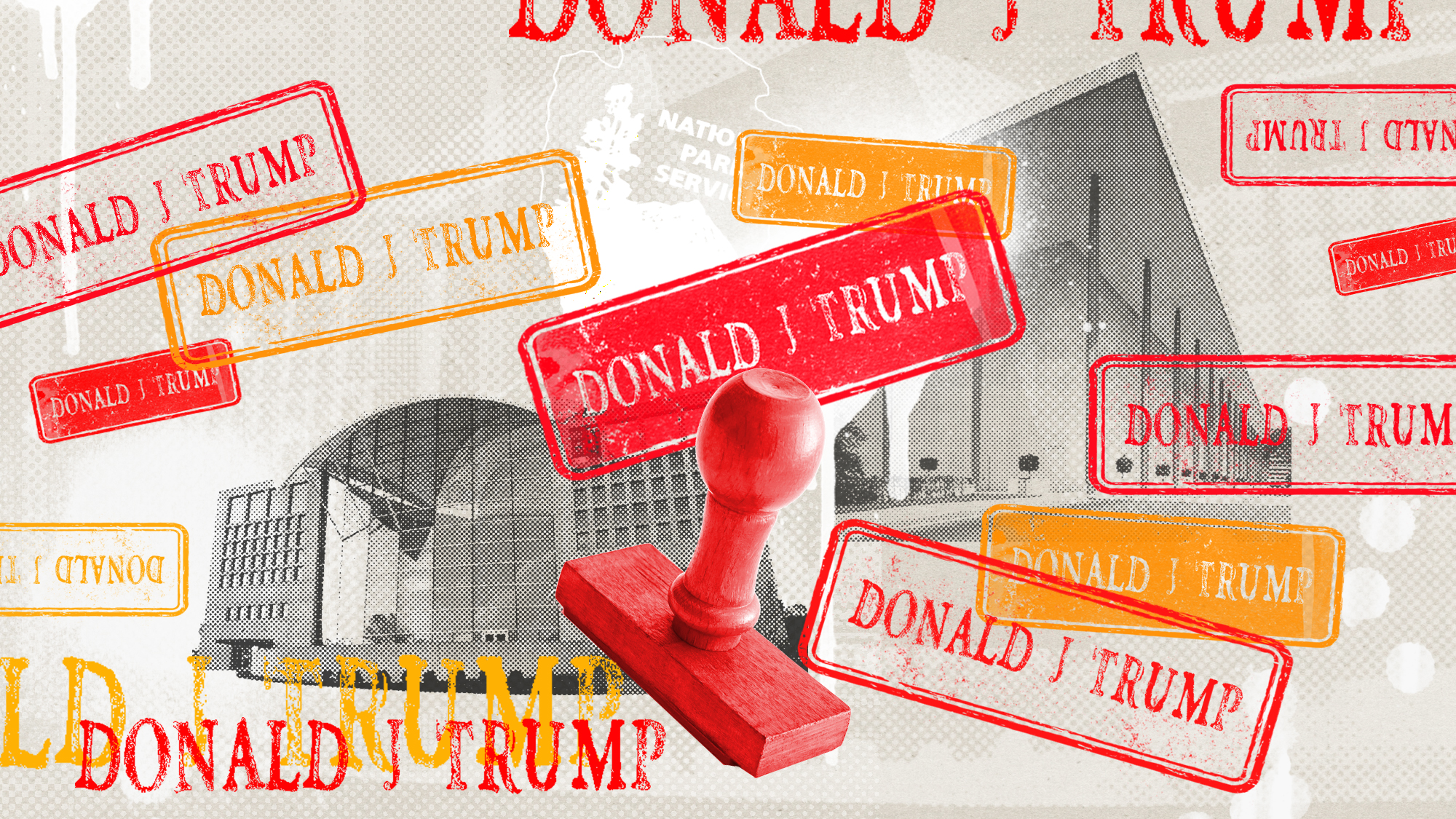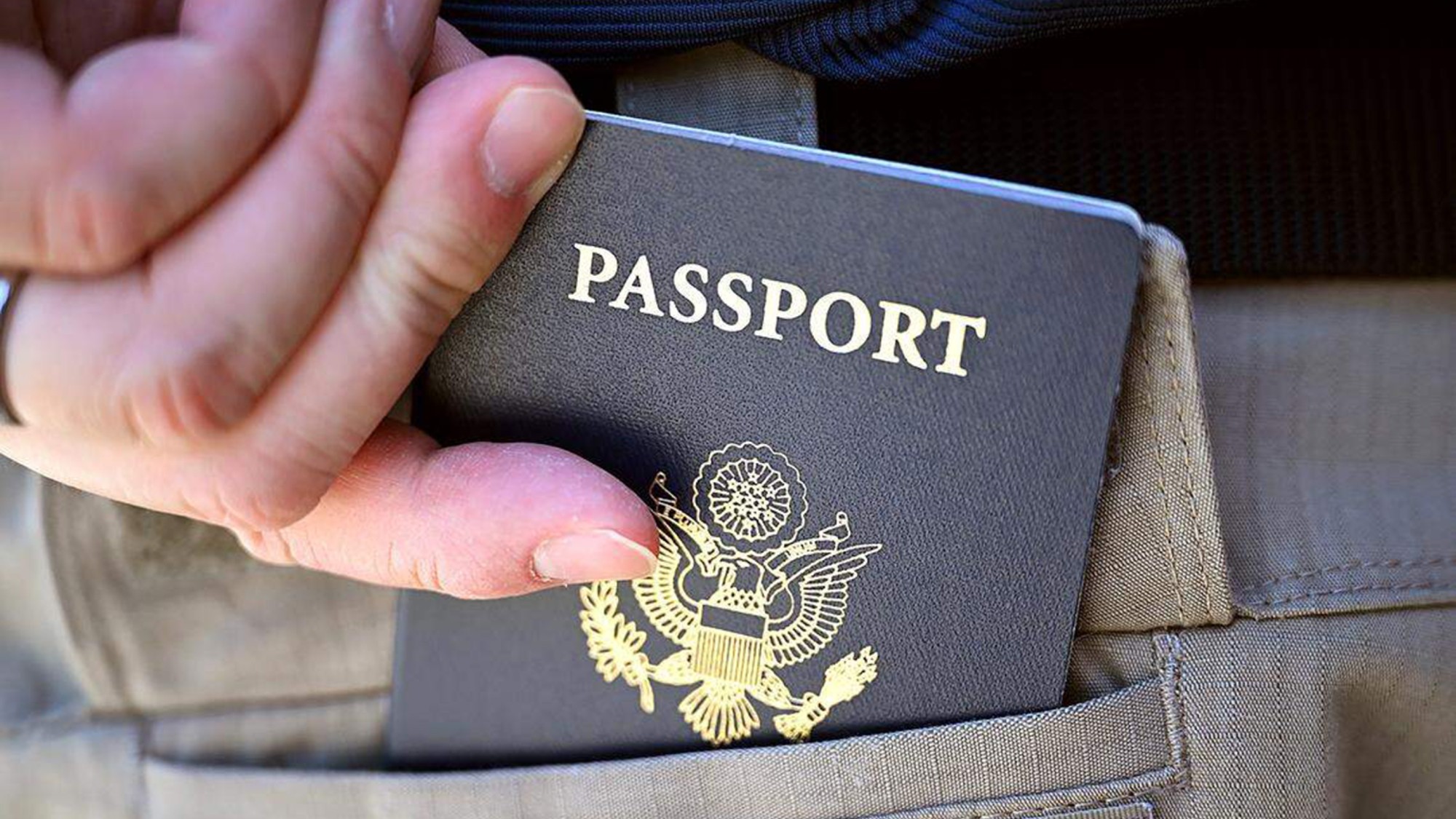Is Rishi Sunak delivering on his five pledges?
Target to halve inflation met but others to grow the economy, shorten NHS waiting times and stop small boat arrivals remain a long way off

A free daily email with the biggest news stories of the day – and the best features from TheWeek.com
You are now subscribed
Your newsletter sign-up was successful
Early last year, seeking to reset and define his premiership, Rishi Sunak laid out five key "pledges" on which he asked voters to judge him come the next election.
These included a promise to halve inflation by the end of 2023, grow the economy, see debt fall, shorten NHS waiting lists, and pass new laws to stop small boats crossing the Channel.
It was "politics by bullet-pointed bromide – matter-of-factly mundane and ruthlessly pragmatic", said Politics.co.uk. But, more than 12 months on and with the general election set to take place before the end of the year, the prime minister's scorecard remains patchy at best.
The Week
Escape your echo chamber. Get the facts behind the news, plus analysis from multiple perspectives.

Sign up for The Week's Free Newsletters
From our morning news briefing to a weekly Good News Newsletter, get the best of The Week delivered directly to your inbox.
From our morning news briefing to a weekly Good News Newsletter, get the best of The Week delivered directly to your inbox.
Halve inflation
This was the government's highest priority for much of last year and the most easily measurable of Sunak's pledges. With the Office for Budget Responsibility forecasting CPI inflation to fall to 2.9% by December, significantly below the rate of 10.1% when Sunak made his New Year speech, it was the most achievable, but also "the most remarkable", said Conservative Home, "for the simple reason that controlling inflation is not supposed to be the Government's job". Rather it is the Bank of England's. In the end, the government met the pledge in October, when inflation fell to 4.6%, although it has failed to continue its downward trend as quickly as hoped at the start of 2024.
Grow the economy
The government has never publicly said what measure should be used to assess whether it had met the PM's pledge to "grow the economy". The BBC reported that "in some private briefings" to journalists, "sources said it would be if the economy was bigger in the three-month period of October to December 2023 than in the previous quarter (July-September)".
But GDP growth even failed to hit this "modest target", said The Guardian, with figures showing the economy shrank by 0.3% in the final quarter of last year – tipping the UK into technical recession. Economic growth over the whole of last year was estimated at 0.1%, "the weakest year since the 2008 financial crisis", reported Politico. By any metric it is hard to disagree with Shadow Chancellor Rachel Reeves's claim that Sunak's pledge is "in tatters", although the PM "may hope the situation will turn around as wider economic forces, like rampant inflation, abate – preferably before the election", said The Telegraph.
Cutting national debt
Cutting the national debt is another "promise that looked feasible" in January 2023, said the i news site, but this has taken on greater complexity in the 14 months since. In June UK net debt exceeded 100% of GDP for the first time since the early 1960s and it has remained stubbornly high. In December, the statistics regulator criticised the prime minister for saying debt was falling when it was actually rising.
A free daily email with the biggest news stories of the day – and the best features from TheWeek.com
Downing Street has sought to give itself some wiggle room by suggesting the pledge is based on a promise that net debt will be falling as a proportion of GDP by the final year of the five-year forecast, in 2027-28. However, even by this metric many, such as The Guardian's senior economics commentator Aditya Chakrabortty, remain highly sceptical. "On the state's own forecasts, debt will keep on going up until April 2028", he said. "But relax! Sunak and Jeremy Hunt will truly, definitely start getting it down then, by making spending cuts so sharp that hardly anyone believes they will happen. As a strategy, it makes your mate's diet plan look positively plausible."
Shorten NHS waiting times
Dire waiting times in the NHS may be one of "the most pressing issues for UK voters right now", said The Telegraph, but like many of the prime minister's pledges "one thing to highlight is that there was very little detail" behind it, Tim Gardner, a senior policy fellow at the Health Foundation charity, told The New Statesman.
The overall number of people on the waiting list for non-emergency treatment in England was 7.6 million in December, the fourth monthly fall in a row and about 140,000 down from August, but about 600,000 higher than it was in December 2022, just before Sunak delivered his pledge.
In an interview with Talk TV last month, the PM admitted the government had so far failed to achieve this pledge, although some have pointed to industrial action by consultants and junior doctors that has lengthened the waiting list. The Health Foundation has predicted the number of those waiting for routine hospital treatment ("elective care") in England could peak at over eight million by this summer, "regardless of whether NHS industrial action continues".
Stop the small boats
Illegal migration "is the big one", said Conservative Home, and the pledge that Sunak has devoted "most personal bandwidth to" over the past year. According to the Home Office, 29,437 people were detected crossing the Channel across the whole of 2023, down more than a third from the previous year. This year's figures to mid-February show arrivals are down by a quarter on the same period last year.
Yet even if numbers may be falling, qualification from Sunak that he would "pass new laws to stop small boats" means judgement on his pledge has become inextricably linked to the controversial Rwanda policy, which is currently being held up in the courts. This is why it was both the most ambitious and "most risky" pledge, said the Institute for Government, "and while Sunak tried to link this to passing legislation on small boats, in practice the widespread use of the slogan has left him little room to try to claim a purely technical success".
-
 Political cartoons for February 19
Political cartoons for February 19Cartoons Thursday’s political cartoons include a suspicious package, a piece of the cake, and more
-
 The Gallivant: style and charm steps from Camber Sands
The Gallivant: style and charm steps from Camber SandsThe Week Recommends Nestled behind the dunes, this luxury hotel is a great place to hunker down and get cosy
-
 The President’s Cake: ‘sweet tragedy’ about a little girl on a baking mission in Iraq
The President’s Cake: ‘sweet tragedy’ about a little girl on a baking mission in IraqThe Week Recommends Charming debut from Hasan Hadi is filled with ‘vivid characters’
-
 A running list of everything Donald Trump’s administration, including the president, has said about his health
A running list of everything Donald Trump’s administration, including the president, has said about his healthIn Depth Some in the White House have claimed Trump has near-superhuman abilities
-
 Businesses are caught in the middle of ICE activities
Businesses are caught in the middle of ICE activitiesIn the Spotlight Many companies are being forced to choose a side in the ICE debate
-
 A running list of everything Trump has named or renamed after himself
A running list of everything Trump has named or renamed after himselfIn Depth The Kennedy Center is the latest thing to be slapped with Trump’s name
-
 A running list of the international figures Donald Trump has pardoned
A running list of the international figures Donald Trump has pardonedin depth The president has grown bolder in flexing executive clemency powers beyond national borders
-
 A running list of US interventions in Latin America and the Caribbean after World War II
A running list of US interventions in Latin America and the Caribbean after World War IIin depth Nicolás Maduro isn’t the first regional leader to be toppled directly or indirectly by the US
-
 A running list of the US government figures Donald Trump has pardoned
A running list of the US government figures Donald Trump has pardonedin depth Clearing the slate for his favorite elected officials
-
 US citizens are carrying passports amid ICE fears
US citizens are carrying passports amid ICE fearsThe Explainer ‘You do what you have to do to avoid problems,’ one person told The Guardian
-
 ‘They’re nervous about playing the game’
‘They’re nervous about playing the game’Instant Opinion Opinion, comment and editorials of the day